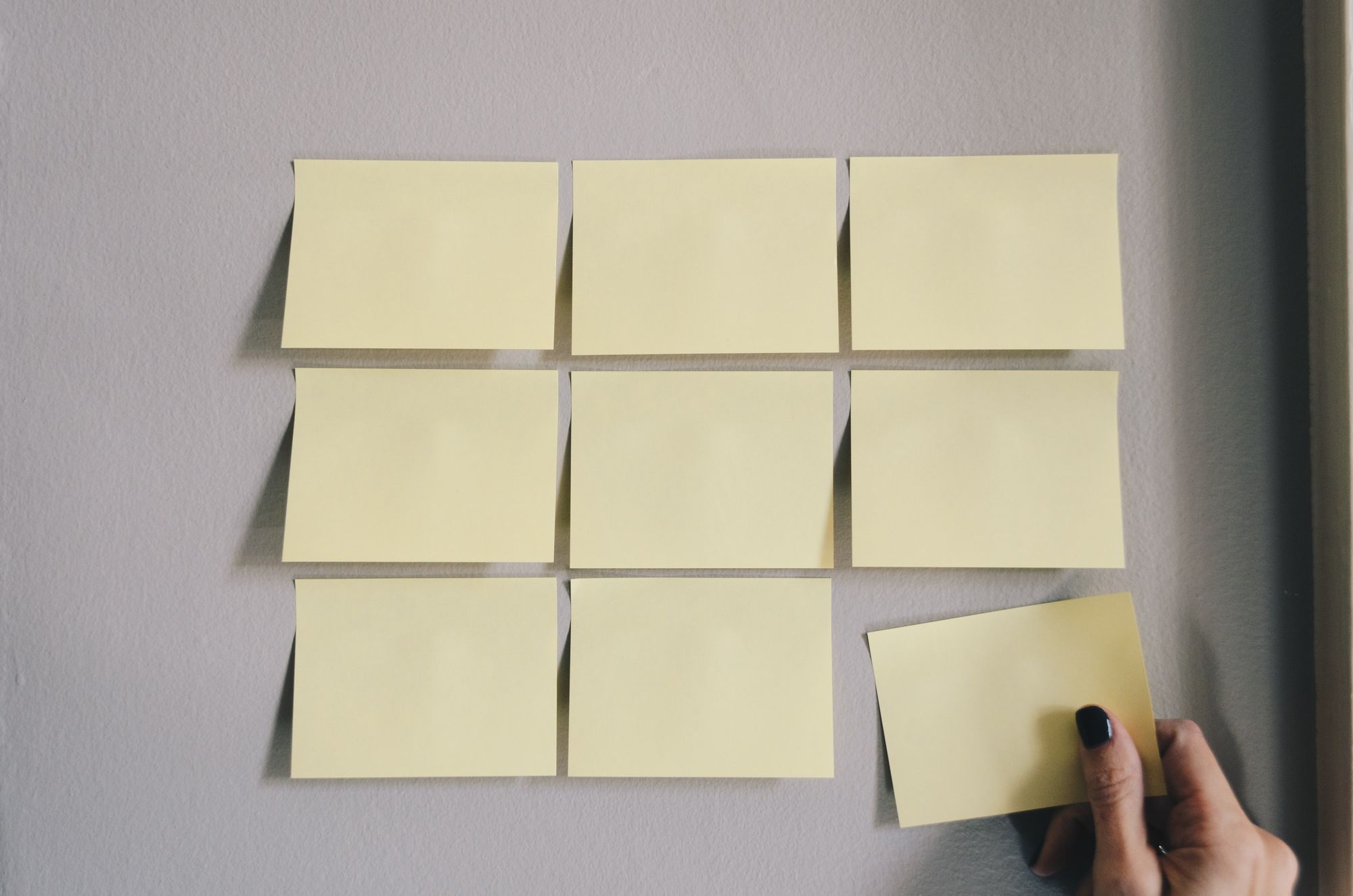Staying busy is easy. Just keep reacting. Actually being productive takes intentionality––slow downing enough to think below the surface of life and work.
That intentionality has not come naturally for me. Perhaps you can relate. That’s why I’ve developed a regular practice I call my Power Hour that helps frame up my work week: meditating, envisioning, and planning.
Benefits of practicing a Power Hour
Here are some of the benefits that I’ve noticed from regularly practicing this Power Hour:
- More focus, calmness, and peace
- Ease organizing when to do small tasks
- A renewed sense of the big picture
- An emergent, intuitive sense of task priority
- Greater productivity
Routine or winging it? Maybe you need both.
Some people love routine, whereas my normal instinct is to wing it. I figure things out as I go and improvise. So this Power Hour practice of taking time every week, usually first thing on Monday mornings, gives me a much-needed bridge between the intuitive and procedural aspects of thinking so I can get more done, more happily. (For those who are more naturally process-oriented, I’d love to hear how this works for you, or what other unique challenges you perhaps encounter.)
Enough said about the “why!” Let’s get into the “what” and “how."

How to practice a Power Hour
My personal Power Hour starts with putting on some quiet music without lyrics, laying on the floor or sitting comfortably, and then moving through four phases: Peacefulness, Envisioning, Planning, and back to Peacefulness. (Or PEPP for short, since mnemonics are jazzy. And who wouldn’t want to say out loud “it’s time to get PEPPy!”) Each phase usually lasts around 10-20 minutes.
1) Peace
The goal in this phase is simply self-acceptance, compassion, and ultimately peacefulness. You may have another practice, but I personally focus during this time on the kindness of God toward me independent of my performance. One thought I often confront during this phase is “this is a waste of time––you should be working!” I respond to that by affirming that all lasting productivity comes only from rest in Love.
"The greatest failure in life is being successful in the wrong assignment. Success alone is not enough; you must succeed in the right thing." -Dr. Myles Monroe
Busyness may feel temporarily rewarding, but success in life only comes through prioritizing what’s meaningful. Slowing down and finding a peaceful anchor in loving oneself and others is essential, not because it makes us more productive but firstly because it makes life fulfilling. “Rest is not work’s adversary. Rest is work’s partner. They complement and complete each other. Further, you cannot work well without resting well,” writes Alex Soojung-Kim Pang in his fantastic book Rest.
“Rest is not work’s adversary. Rest is work’s partner. They complement and complete each other. Further, you cannot work well without resting well,” -Alex Soojung-Kim Pang, Rest

2) Envisioning
At some point during your session, let that practice of peace transition into vision. Keep a notepad next to you and write down whatever comes without judging. You can evaluate the ideas later. Try not to now. These may be small tasks like buying printer paper that have been bumping around in your skull unnoticed for some time and are just now finding outlet. You may have visionary moonshot ideas, from building something entirely new to taking a vacation of a lifetime to Fiji with friends or family. You may have ideas for how to solve a tricky problem. But whatever comes––if anything comes––simply observe it, don’t judge on merit, and write it down for later. There’s something delightful to your mind and soul to have a time where anything is possible. Give yourself permission to dream. Much of creative genius is unconscious. Later, when you need to marshal some concrete and quick solution to a problem, you’ll find your mind to be relaxed and more up to the task.

3) Planning
Time to organize a bit! You probably have a bunch of new tasks and ideas on your notepad at this point. Don’t just leave them there, but also don’t feel like you need to scrutinize every idea at this point. Simply decide what next step, if any, you want to take. I often load any to-dos into Things, my GTD solution, and schedule them. If there are some ideas on my pad that merit additional exploration or thought, I’ll block off 30-60 minutes on my calendar during the week ahead specifically for that idea.
If you’re familiar with Getting Things Done methods, you know why these practices can help you keep a calmer and more peaceful mind leaving your Power Hour––your mind recognizes the ideas are captured, and next steps are scheduled, so it doesn’t need to keep a grip on them unconsciously anymore to prevent them being lost. Like a muscle, your brain will cramp if you don’t let it fully relax regularly.

4) Peacefulness
End as you started, with an intentional return to a few minutes of peaceful self-acceptance, compassion, and kindness.
Tune into the feeling of accomplishment. Whether you had a wave of genius ideas or simply felt a bit sleepy and wrote down a few tasks, you exercised intentionality.
That’s worth celebrating and it will help you today and the rest of the week.
